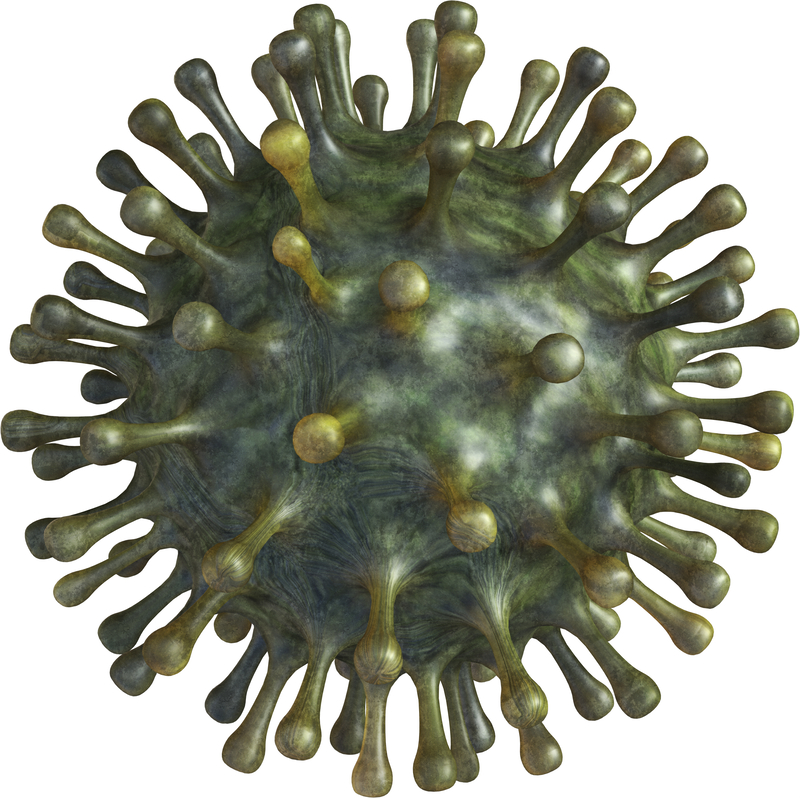New antibody neutralises all known SARS-CoV-2 variants
A broadly neutralising antibody capable of protecting against all known SARS-CoV-2 variants and related coronaviruses has been discovered by researchers at the University of Texas at Austin.
In a significant advancement for COVID-19 treatment and prevention, researchers at the University of Texas at Austin have isolated a broadly neutralising antibody capable of protecting against all known SARS-CoV-2 variants and related coronaviruses. The discovery, published in Cell Reports Medicine [1] on 20 August 2024, offers new hope for developing more effective treatments and potentially a universal vaccine against the ever-mutating virus.
Discovery of SC27
The newly identified antibody, named SC27, was isolated from a single patient as part of a larger study on hybrid immunity to SARS-CoV-2. Using advanced technology developed through years of research into antibody responses, the team, led by engineers and scientists at the University of Texas, successfully obtained the exact molecular sequence of the antibody.
Jason Lavinder, a research assistant professor in the Cockrell School of Engineering’s McKetta Department of Chemical Engineering and one of the study’s leaders, emphasised the significance of the discovery: “The discovery of SC27, and other antibodies like it in the future, will help us better protect the population against current and future COVID variants.”
SC27 mechanism of action
SC27’s effectiveness lies in its ability to recognise and bind to the spike protein of SARS-CoV-2, which is crucial for the virus’s entry into human cells. By blocking this interaction, SC27 prevents infection across a wide range of variants. Notably, the antibody has demonstrated efficacy against not only all known SARS-CoV-2 variants but also distantly related SARS-like coronaviruses that infect other animals.
The research team utilised a technology called Ig-Seq, which combines single-cell DNA sequencing and proteomics to provide a detailed look at the antibody response to infection and vaccination. This approach allowed researchers to isolate and characterise SC27 with unprecedented precision.
Implications for future treatments and vaccines
The discovery of SC27 opens up possibilities for manufacturing the antibody on a larger scale for future treatments. Moreover, it provides valuable insights that could guide the development of more broadly effective vaccines.
Will Voss, a recent PhD graduate in cell and molecular biology at UT’s College of Natural Sciences and co-leader of the study, explained: “One goal of this research, and vaccinology in general, is to work toward a universal vaccine that can generate antibodies and create an immune response with broad protection to a rapidly mutating virus.”
Hybrid immunity findings
In addition to identifying SC27, the study yielded important findings regarding hybrid immunity. The researchers discovered that a combination of both infection and vaccination offers increased antibody-based protection against future exposure compared to either infection or vaccination alone. This insight could have significant implications for vaccination strategies and public health policies moving forward.
While the most severe phases of the pandemic may have passed, the ongoing mutations of the virus and periodic surges in infections underscore the continued need for innovative solutions in treatment and prevention.
The research team has filed a patent application for SC27, indicating potential commercial development in the future. However, further studies will be necessary to fully understand the antibody’s efficacy and safety profile before it can be considered for clinical use.
The study was the result of a collaborative effort involving researchers from multiple institutions. In addition to the University of Texas at Austin, the team included scientists from the Texas Biomedical Research Institute, the University of North Carolina at Chapel Hill, and the Fred Hutchinson Cancer Center. Funding for the research was provided by the National Institutes of Health and the Bill & Melinda Gates Foundation.
Reference:
- Lavinder, J., Voss, W., et al. (2024). Hybrid immunity to SARS-CoV-2 arises from serological recall of IgG antibodies distinctly imprinted by infection or vaccination. Cell Reports Medicine.
https://doi.org/10.1016/j.xcrm.2024.101668


